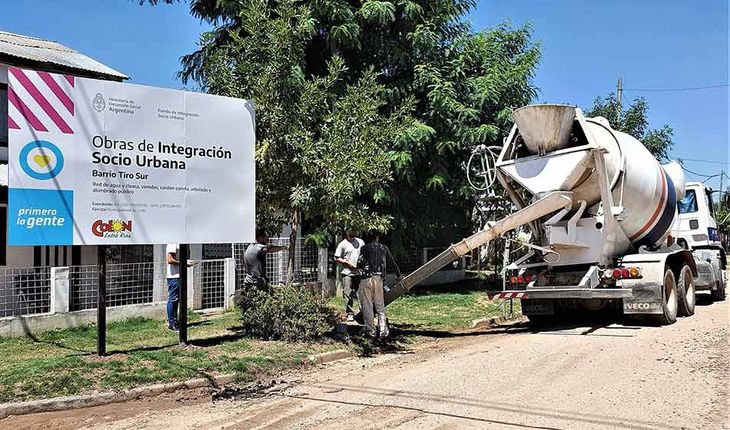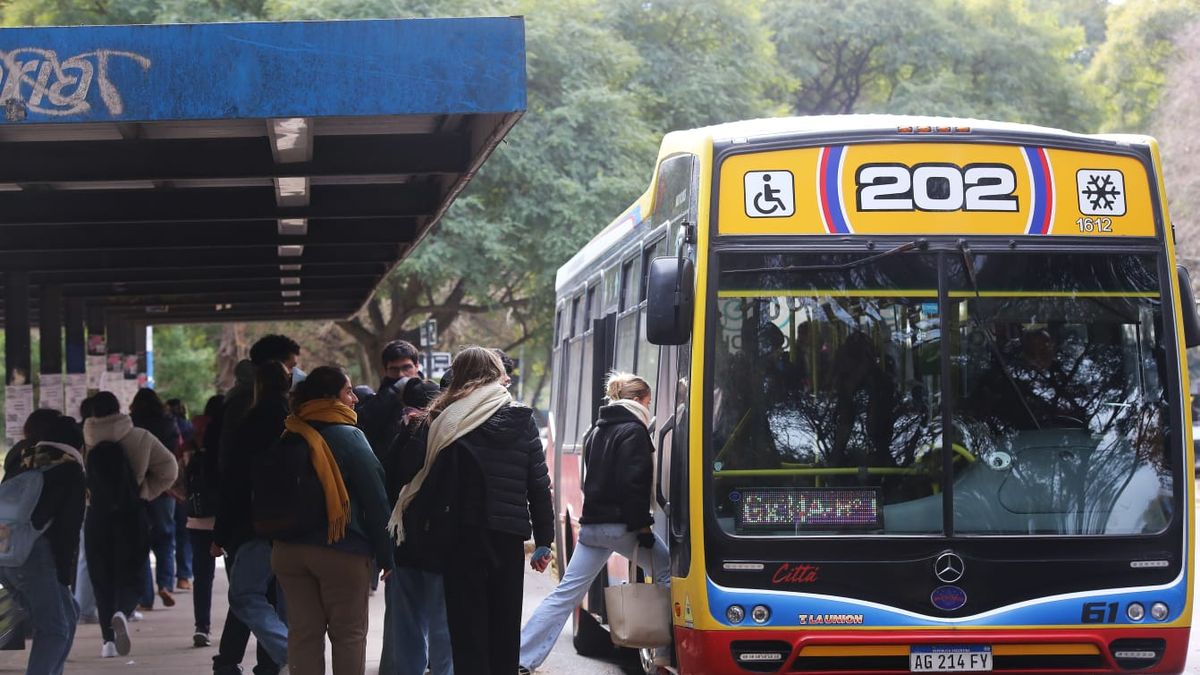In recent weeks the announcement of the National Government Regarding the definitive closure of the Urban Socio -Socio -Socio Fiduciary Fund (Fisu) that financed integration works in Popular neighborhoods. This occurs after the elimination of the Housing Secretariat and the definance of the background itself, in addition to the paralysis of much of the works underway.
The fisu It was, until today, one of the state policies that greater consensus had generated, in addition to being a reference to International level. Emerged in 2018 next to Renabapit had been maintained even with changes of government. It should be noted that the current Undersecretary of Socio -Urban Integration, Sebastián Couples, had praised this policy a few months after assuming.
During all these years, they were made 1297 integration works that reached more than 335 thousand families. Among these works, we can highlight the 75 thousand water connections, 57 thousand to electrical energy networks and 37 thousand lying to sewers. Ourselves, from habitat for Argentine humanity we carry out integration works in the neighborhood of Saladero of engineer White, Bahía Blanca. Thanks to the formal connections to the electricity grid that were made, the 96% of people Beneficiaries says Sentise safer thanks to improvements. Before the works, this number was barely the 18%. In turn, it was reduced from 52% to 8% The amount of Light cuts registered in the homes, and minor electrical discharges were eliminated that represented a risk to life and health.
MTE-CONSTRUCTION-FISU-OBRAS3.JPG
With the closure of the FISU, fundamental projects are paralyzed in neighborhoods where basic services are still missing.
From integration to abandonment: a setback that hits millions
Despite all this, the National Government decides to finish the source of financing of the works that carried infrastructure and, therefore, rights to the popular neighborhoods. Today are more than 1.2 million of families who live in informal settlements throughout the country. This situation is the countercase of an increasingly limited formal access to the land and the city.
In 9 out of 10 popular neighborhoods, Most households It does not have sewers. In turn, only the 8% It has a formal connection to the current water network for most of its inhabitants. These data are alarming.
What will happen to these neighborhoods? What should expect the millions of people who every day put their lives at insecure electrical connections or the lack of adequate sanitation? In principle, the National Government did not present an overcoming proposal or that, at least, replace the FISU. It seems that we are returning to a old paradigm Regarding popular neighborhoods: The indifference paradigm.
Fisu (1) .jpg

The elimination of the fund leaves more than one thousand interventions that carried essential services to the margins of the State.
For many years in Argentina, it was decided to ignore informal settlements that grew more and more accelerated. This is how these places grew on the margins of the State, without receiving any kind of service from this: Security, justice, education, energy, water, sanitation, and so on.
This paradigm only brought greater inequalities, compromising the life and well -being of more and more people than They could not access a home otherwise.
A setback in how we understand the situation of Popular neighborhoodsit will even be expensive even economically. Families will continue to waste their income in partial solutions; Children and adolescents will grow in less conducive environments for cognitive development; And, when we decide to return to the paradigm of integration, the money to be invest will be much greater by the abandonment time.
Let’s not stop looking at Popular neighborhoodsof Listen to your claims and needs. Let’s not leave millions of people on the margins of the State and society who will seek to build a future with fewer opportunities and more obstacles.
Incidence coordinator of the NGO Habitat for Argentine humanity.
Source: Ambito
David William is a talented author who has made a name for himself in the world of writing. He is a professional author who writes on a wide range of topics, from general interest to opinion news. David is currently working as a writer at 24 hours worlds where he brings his unique perspective and in-depth research to his articles, making them both informative and engaging.




